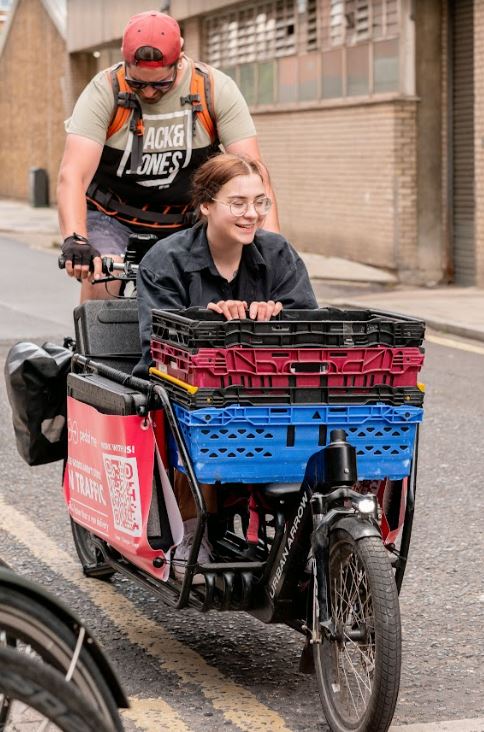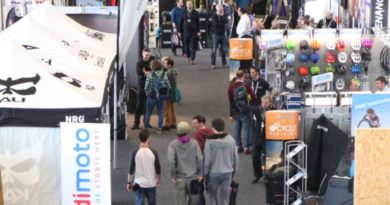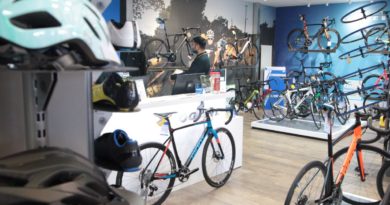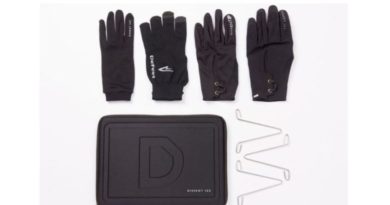Delivery of trader’s market by cargo bike chops 99% of emissions vs diesel van
A pioneering trial designed to reduce the carbon emissions of bringing a trader’s market to the streets has demonstrated a significant fall in pollutants, with modelling revealing delivery of the stalls and goods by cargo bike can produce 67.5 times less CO2e than diesel vans.
Fare City’s assessment of the inaugural effort to transform the delivery of one London marketplace found that if all trial traders were to permanently switch to the ZTE modes trialled annual CO2e savings would total 1,175 kg – the equivalent of one person making over three economy class return flights from London to Glasgow.
 The best news of all? There has been a warm reception to the changes by those who took part in the grant funded Maltby Street Cleaner Air Market drive. 90% of all market traders and 57% of all market businesses engaged with the project.
The best news of all? There has been a warm reception to the changes by those who took part in the grant funded Maltby Street Cleaner Air Market drive. 90% of all market traders and 57% of all market businesses engaged with the project.
One trader purchased a cargo bike as a result of the project, while 80% of participating traders said they were likely, or very likely, to choose a ZTE mode of transport in the near future having experienced benefits to their working routine.
The two-day trial included 17 ZTE trips and resulted in an average CO2e reduction of 76.2%, with one trader, Patty Pies, reducing their emissions by as much as 91.7%.
These savings are made via efforts to decarbonise complex supply chains, and create a more accessible, equitable and sustainable market experience for the benefit of traders, attendees, and the local community. Both a switch to cargo bikes and EVs formed the basis of the decarbonisation work.
Assessment of a typical 5km journey returned the finding that a trader travelling 5km each way in a diesel van will produce 2.65kg CO2e. This will reduce to 0.77kg CO2e if using an electric van, a 71% reduction, while if the diesel van was replaced by an electric cargo bike the carbon emissions would drop from 2.65kg to 0.04kg CO2e, a reduction of 99%.
Shirley Rodrigues, Deputy Mayor for Energy and Environment, said: ”This exciting new report shows that switching to zero-emission (ZTE) modes of transport leads to significant reductions in carbon emissions and air quality improvements. The Mayor is doing everything in his power to protect Londoners from toxic air; this includes expanding the Ultra Low Emission Zone London-wide alongside London’s biggest ever scrappage scheme, worth £110million. The Mayor is also working to increase the uptake of electric vehicles in the capital as he works to build a cleaner and greener London for everyone, but he can’t do it alone. The Mayor and I are looking forward to seeing others follow the Clean Air Market’s lead and scale up similar initiatives across our city.”
Charles Critchell, Managing Director of Fare City added: Cities face the dual environmental challenges of air pollution and climate change, with road transport being a major contributor to both. This report demonstrates that Cleaner Air Markets could act as a catalyst for more businesses to adopt zero tailpipe emission modes of transport, in response to the essential clean air and net zero policies and programmes of city authorities up and down the UK.



